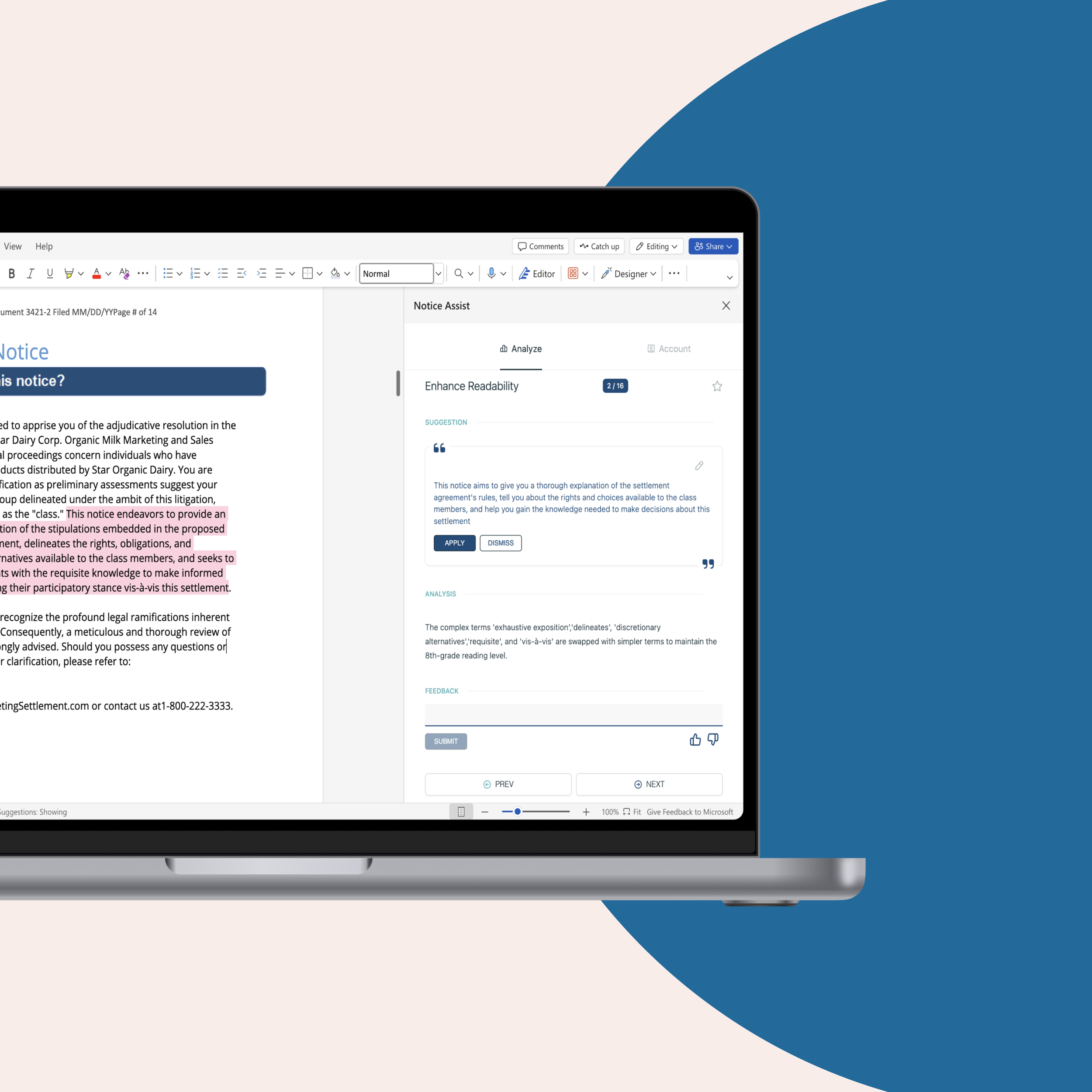SCOTUS Amicus Brief: Class Actions Vital To Equal Opportunity In Employment
Daniel Nesbit, Law Fellow - The Impact Fund
A fair workplace, free from discrimination, is an American ideal. Many of our nation's F500 companies reflect this value in their forward-facing materials and practices, but sadly, at the contractual level with workers, the promise of an even playing field gets tilted…
That’s why, on August 17, 2017, together with NAACP Legal Defense & Educational Fund and Cohen Milstein Sellers & Toll PLLC, we filed an amicus brief in the U.S. Supreme Court in National Labor Relations Board v. Murphy Oil USA. The case, consolidated with two others for review, will determine whether class action waivers contained in arbitration agreements with employees are enforceable. Our brief supports the NLRB’s position that barring collective or class action through arbitration agreements violates the National Labor Relations Act by restraining employees’ right to engage in protected concerted activity.
Mandatory arbitration agreements that prevent individuals from joining class actions have become increasingly common. These agreements take on special significance in the workplace. Our amicus brief connects the importance of concerted action to the fight for equal opportunity in employment. Class actions in the employment context have historically been integral to advancing civil rights in the country. Concerted actions helped challenge a wide range of discriminatory employment practices including the categorical exclusion of women from jobs that harm their reproductive capacity (Int’l Union, United Auto v. Johnson Controls, Inc.), forced retirement based on age (Air Lines v. Crisswell), gender-restricted hiring (Wilson v. Sw. Airlines Co.), and arbitrary height and weight job requirements that bar the hiring of women (Dothard v. Rawlinson). These are just a handful of the more than 120 important civil rights cases listed in the brief that could not have been brought if employees had been barred from concerted action.
The brief is a collaboration between the Impact Fund, NAACP Legal Defense and Educational Fund, and Cohen Milstein Sellers & Toll PLLC.
As our brief explores, the fact that concerted actions like the cases above are part of our history of civil rights advocacy makes sense. First, class actions allow for individuals to join together and thus share the costs of seeking legal relief. Without that ability to share the burden, legal costs can prevent many low-income workers from having an opportunity for justice. Second, by banding together in solidarity, class actions can help protect individual employees from retaliation by their employers. Third, class actions raise the profile of the discrimination in question and thus offer greater accountability and transparency. A victory for workers sends a strong signal to the public – and the market – about what is, and is not, acceptable.
Crucially, class actions are the best vehicle to employ two important civil rights legal theories: disparate impact and pattern or practice claims. Disparate impact claims allow employees to challenge workplace practices that are neutral on the surface but disproportionately affect members of protected groups. Pattern or practice claims involve demonstrating systematic and routine discrimination in an employer’s actions. Both of these claims rely on the wider scope of discovery and context provided by class actions. At the same time, class actions also afford the greatest likelihood of obtaining the systemic injunctive relief to address underlying issues of discrimination. The scope of relief granted to an individual employee challenging discrimination may only scratch the surface of what caused the plaintiff’s injury in the first place.
In short, the type of concerted action by employees barred by arbitration agreements prevents the use of an essential tool in promoting equal opportunity. As our brief makes clear, it must remain available to employees if we are to continue challenging discrimination in our country.












